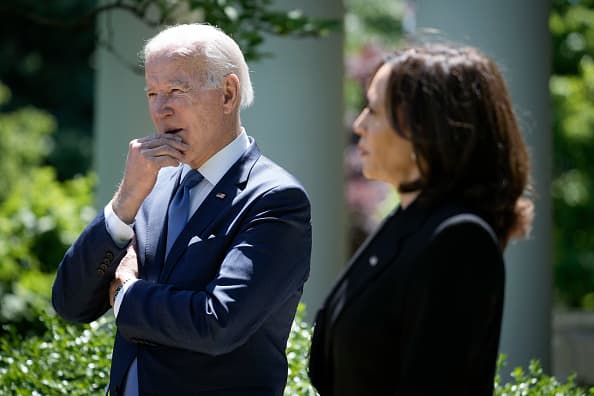President Joe Biden, 81, has decided not to seek reelection in 2024 amid growing concerns within the Democratic Party about his longevity.
“There’s a perception problem,” former Sen. Bob Kerrey (D-Neb.) said in a July interview with CNBC.
The problem of an aging legislative workforce in the US extends beyond the presidency: At the start of the 118th Congress, the average ages of senators and representatives were 64 and 57, respectively, according to researchers at FiscalNote.
“A politician’s age is very much factored into voter preferences,” said Christian Fong, an assistant professor of political science at the University of Michigan. “They want someone who’s been successful in another profession — as a soldier, as a businessman or as a farmer — to bring that experience and perspective to Washington.”
The U.S. Congress has the oldest legislative staff in the world, according to a 2022 Stanford University study. The median age of the U.S. population will be 38.9 in 2022, the highest age on record, the U.S. Census Bureau said. The typical voter registration age rose from 44 in 1996 to 50 in 2019, according to a Pew Research Center study.
Older voters tend to prefer Republican politicians, while younger generations generally prefer Democrats, though on average, Democrats are slightly older than Republicans.
“It doesn’t have to be a generational battle or anything like that, but it’s very important for representation in terms of the quality of bills that come out of Congress,” said Charles Hunt, an assistant professor of political science at Boise State University.
President Biden’s endorsement of 59-year-old Vice President Kamala Harris has led to a surge in Democratic donations. Earlier this month, former President Donald Trump, 78, chose 39-year-old J.D. Vance as his running mate, signaling that a new generation of leaders is rising through the ranks in Washington.
look video Watch above to see how older politicians are clinging to power in Washington.

